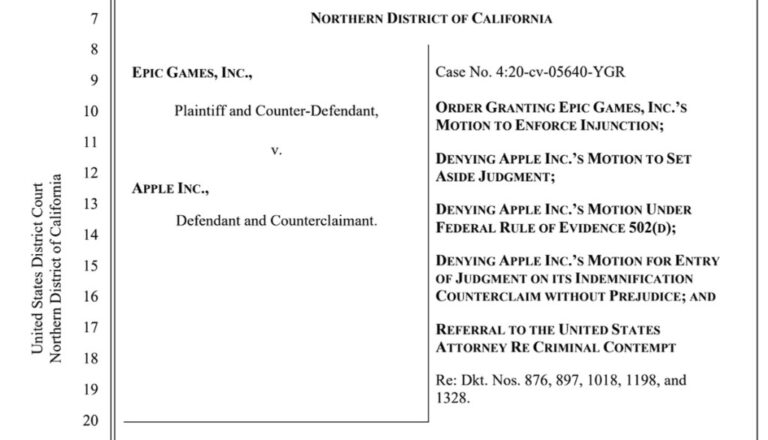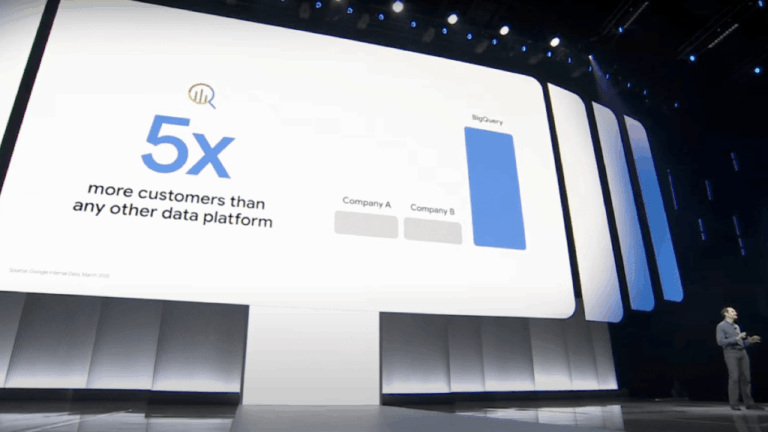
Similar Posts

Revolutionizing Software Engineering: The Impact of Windsurf’s SWE-1 AI Models on Technical Decision-Making
Windsurf has launched its innovative SWE-1 AI models, aimed at transforming software engineering workflows. These models enhance the entire software development lifecycle by automating routine tasks, allowing developers to concentrate on complex issues. Key features include automated code reviews, intelligent bug tracking, and customizable workflows, all designed to improve code quality and reduce technical debt. Benefits of implementing SWE-1 AI include faster time-to-market, increased team productivity, and scalability for varying project sizes. Overall, Windsurf’s SWE-1 models represent a significant advancement in efficiency and quality for software development, crucial for staying competitive in the tech industry.

Galileo Unveils ‘Agentic Evaluations’: The Smart Solution to Prevent AI Agent Errors and Save Costs
Galileo has launched Agentic Evaluations, a platform for enterprises to assess and monitor AI agents, alongside securing $68 million in funding to enhance its offerings. The platform focuses on performance evaluation, risk assessment, and compliance monitoring, addressing the rising demand for safe AI deployment in various sectors. Notable companies like Cisco have begun adopting the platform, reflecting a trend toward prioritizing AI safety and governance. As AI integration accelerates, robust monitoring systems become critical for preventing harmful behavior, ensuring regulatory compliance, and informing strategic decisions. Galileo aims to lead in this vital area of technology.

Epic Games Celebrates Legal Win in Apple Antitrust Battle: Key Ruling Explained
In the ongoing Epic Games vs. Apple antitrust case, a federal judge ruled that Apple intentionally violated a court order, impacting its legal position and raising concerns about its business practices in the gaming sector. The case alleges that Apple maintains an unlawful monopoly over app distribution, and the ruling could significantly alter developer interactions with the App Store. Potential consequences for Apple include penalties and required changes to its practices. This pivotal ruling may also influence the broader tech industry, shaping app distribution models, setting legal precedents for future antitrust cases, and enhancing consumer choices in the digital marketplace.

OpenAI Makes ChatGPT Plus Free for Millions of College Students: A Strategic Game-Changer Against Anthropic!
OpenAI has launched a free subscription to ChatGPT Plus for college students ahead of finals week, aiming to enhance their learning experience during this crucial time. All enrolled students are eligible for the offer, which includes faster response times and priority access. This initiative not only aids students in exam preparation but also intensifies competition in the education AI market, particularly against Anthropic’s Claude. By providing advanced AI tools at no cost, OpenAI hopes to improve student outcomes, facilitate time management, and promote accessibility in education, solidifying its role in the evolving landscape of educational technology.

Unlocking BigQuery’s Power: How Google is Enhancing Its 5x Advantage Over Snowflake and Databricks
Google is ramping up its competition in the enterprise data sector by leveraging advanced AI innovations to enhance its data solutions for businesses. The focus on AI allows for improved data processing, better decision-making through predictive analytics, and seamless integration with existing systems. This strategy aims to set Google apart as a leader in the rapidly evolving enterprise data landscape. Key benefits of adopting Google’s solutions include cost efficiency, scalability, and enhanced security. As businesses seek innovative data management solutions, Google’s offerings are positioned as a top choice in the marketplace, reshaping the future of enterprise data management.

Meta’s $5 Billion VR Losses: What You Need to Know About Their Unexpected Silence
Meta is heavily investing in virtual reality (VR) to establish a presence in the emerging Metaverse, viewing it as key to future digital interaction. This strategy aims to enhance user experiences, tap into a growing market, and maintain a competitive edge in the tech industry. However, the financial burden is significant, involving high research and development costs, content creation expenses, and marketing efforts to educate consumers about VR. Despite these challenges, Meta remains optimistic about the future of VR and the Metaverse, believing technological advancements will integrate these experiences into everyday life.
